IPC Alert: concerns about deepening starvation in Sudan
The Integrated Food Security Phase Classification Partnership (IPC) alerts today of famine-level acute malnutrition detected in two more localities in North...
Read more
Since 2004, COOPI has been present in Sudan, implementing interventions in favour of the most vulnerables peoples, afflicted by conflicts and natural hazards by providing humanitarian assistance and building the resiliance of individuals, communities and institutions.
At first, COOPI operated in North Darfur; while later on, in 2019, it expanded its presence to eastern Sudan - Kassala and Gedaref - and the capital Khartoum.
Over the years, COOPI adopted a multi-sectoral and integrated approach, which led to a considerable improvement and access to basic services with programmes dedicated to Shelter and Non-Food Items, Food Security and Livelihoods, WASH and Disaster Risk Reduction in the states of North Darfur, Kassala and Khartoum. Since 2023, COOPI has started developing protection and multi-purpose cash activities in all the areas of operations.
Following the outbreak of the civil war in April 2023, COOPI is actively engaged in the humanitarian emergency response to the population affected by the conflict by reinforcing its humanitarian presence and scaling up the operations.
The outbreak of the civil war in Sudan led to a restructuring of COOPI's interventions in the country and expanded its geographical presence. The large number of displaced persons caused by the civil war makes Sudan the worst displacement crises in the world with approximately 12.7 million of IDPs and 4 million of refugees abroad. Sudan is also facing the most severe hunger crisis in the world: nearly 25 million people are experiencing acute food insecurity,with close to 9 million in emergency and catastrophic levels of hunger.
COOPI activated a rapid emergency response, providing humanitarian assistance to the displaced mainly through WASH, non-food items (NFIs), Food Security and Livelihood (FSL) support and Disaster Risk Reduction (DRR) activities by distributing drinking water, providing immediate access to food and shelter supporting households to rehabilitate affected livelihood infrastructure.
In 2024. COOPI expanded its operations to Northern State and River Nile with WASH activities, emergency shelter and NFI actions.
COOPI’s FSL strategy is centered on resilience-building through climate-smart agriculture, livelihood diversification, and market-based approaches. Programming includes agro-ecological interventions, smallholder productivity enhancement, and value chain development, supported by climate adaptation strategies such as drought-resistant cropping and sustainable land management. Cash-based interventions are deployed in both emergency and early recovery contexts, ensuring improved food access while stimulating local markets. COOPI applies a household economic security framework, analyzing income sources, expenditure patterns, and coping mechanisms to tailor responses.. The main activities that COOPI carries out in this area are:
projects
beneficiaries
COOPI employs a systems-based approach to WASH, integrating infrastructure rehabilitation, behavioral change communication, and emergency response mechanisms. Interventions focus on increasing water supply access through borehole rehabilitation, solarized water systems, and water trucking in acute emergencies. Complementary actions include sanitation infrastructure upgrading, community-led hygiene promotion, and emergency preparedness for cholera and waterborne diseases. COOPI’s WASH programming is designed to mitigate public health risks in displacement settings while ensuring linkages with nutrition and food security initiatives.
projects
beneficiaries
COOPI’s DRR approach is rooted in risk-informed programming, early warning systems, and community-based disaster governance. COOPI has worked on institutional DRM capacity-building, supporting national and subnational structures in aligning with global resilience frameworks. The organization integrates forecast-based action (FbA) and shock-responsive social protection to enhance preparedness and mitigate disaster impacts, through GIS-based risk mapping, hydrological monitoring, and community-led preparedness plans. In Sudan COOPI has worked with local communities in Gedaref and Khartoum to enhance local capacities to anticipate, prepare for, and respond to disasters. In Sudan, interventions have focused on integrating DRR into humanitarian response, linking early warning systems with preemptive action.
projects
beneficiaries
Considering the dramatic humanitarian trends of the country and the complex operational environments, the priority of the organization for 2025 is to reinforce a multi-sectoral emergency response by promoting an Area based Approach in intervention and reinforcing the internal capacity for quick reaction to new emergencies, even in hard-to-reach areas, looking to leave no one behind.
COOPI will strengthen its localization agenda, by increasing partnerships with local actors, as they are also strategically important to reach areas where access is limited due to security reasons and the coordination with the humanitarian community operating in the country .
In terms of geographical distribution, COOPI intends to reinforce its presence in Gedaref, North Darfur, Khartoum State, Northern State, River Nile and new liberated areas.
COOPI is reinforcing the coordination with the humanitarian community operating in the country in order to develop complementarities with other relevant actors.
COOPI's projects in Sudan are currently funded by:
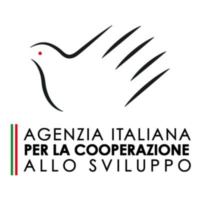
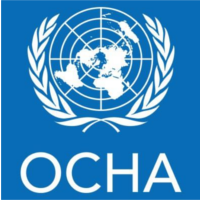
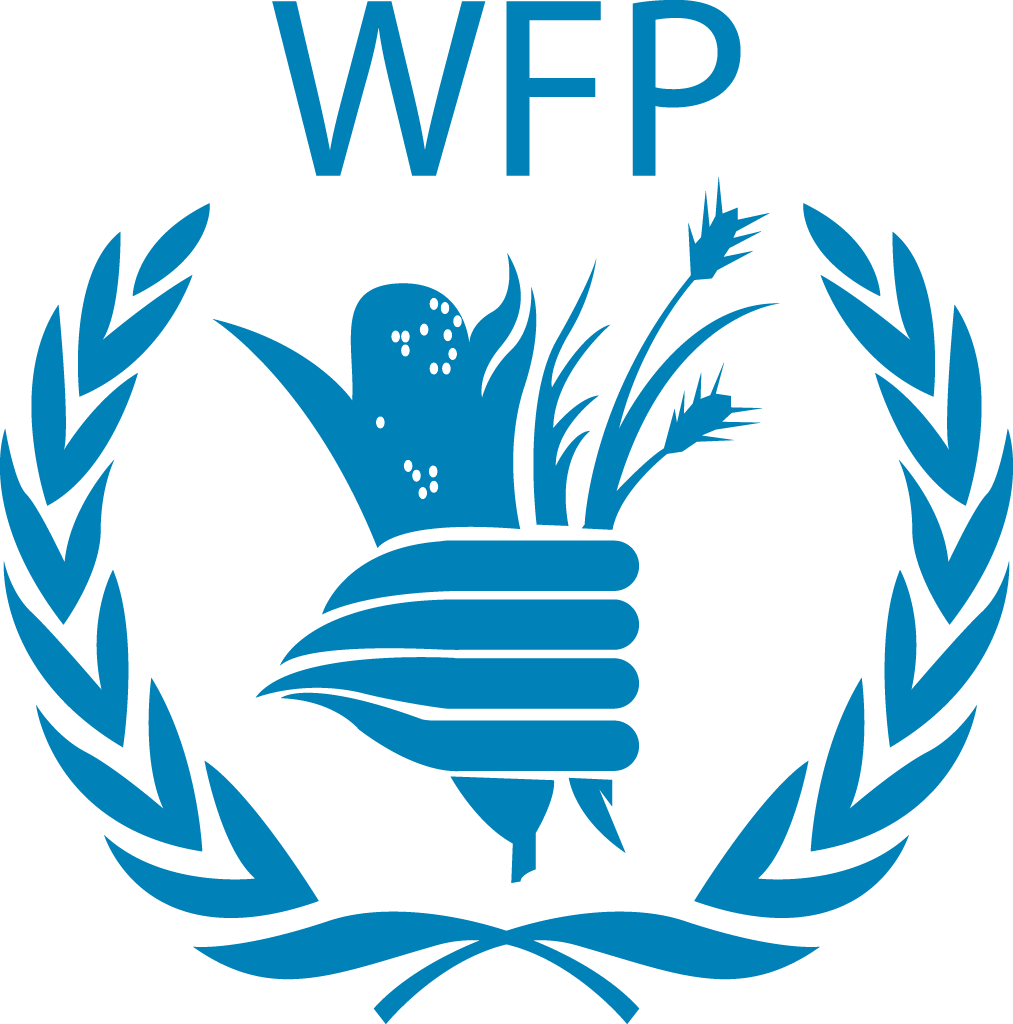
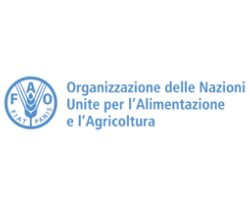
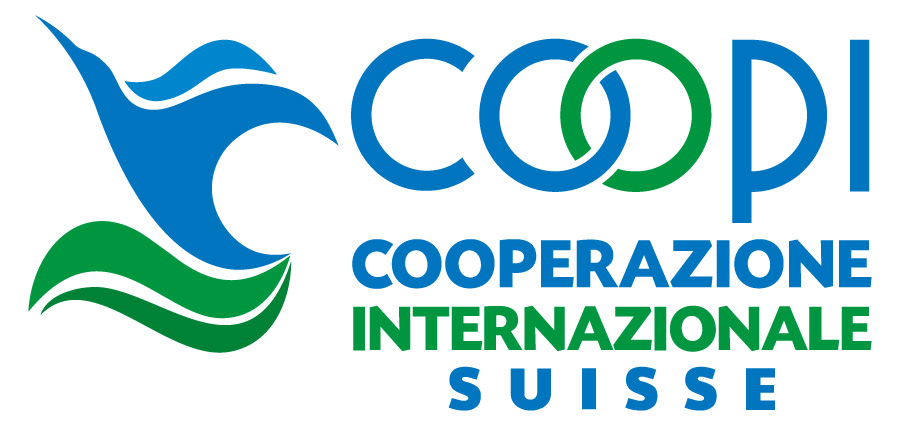
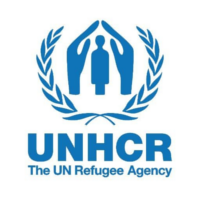
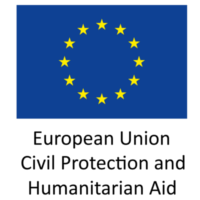
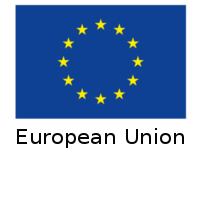
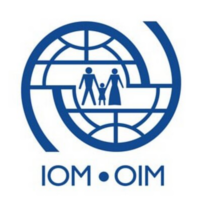
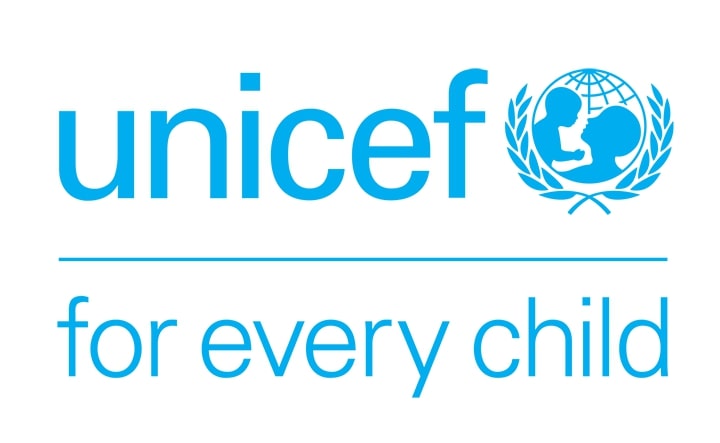
WASH - Shelter/NFI - FSL Cluster - Logistics Cluster - Protection cash working group - PSEA network - Inter-Agency Network
Sudan Humanitarian Aid Commission (HAC) - Refugee Commission - Ministry of Fisheries and Agriculture - Ministry of Social Affairs - Ministry of the Interior - Ministry of Health - State Water Company - Ministry of Civil Defense